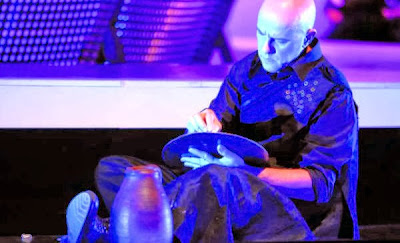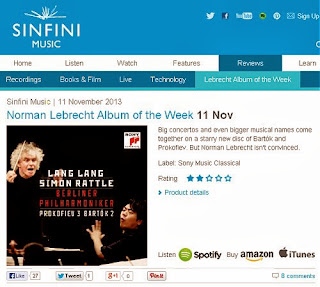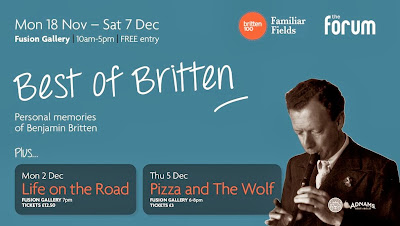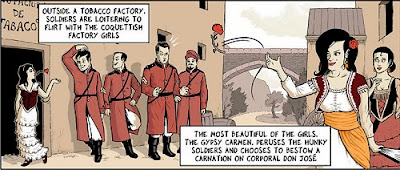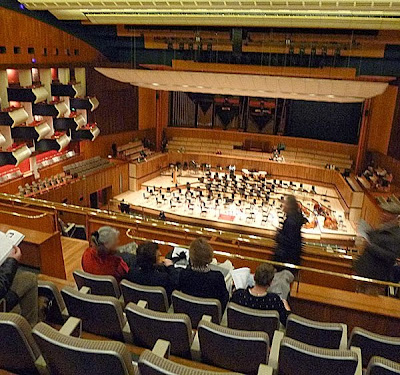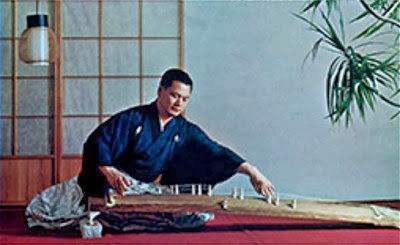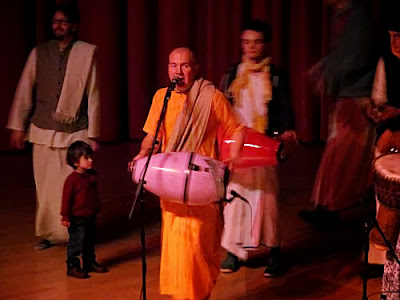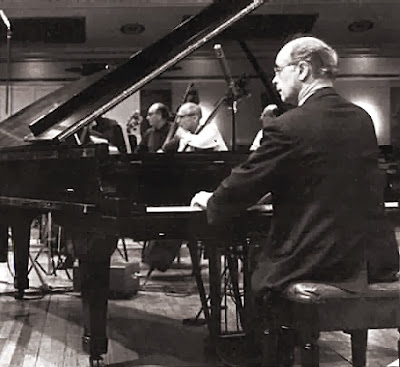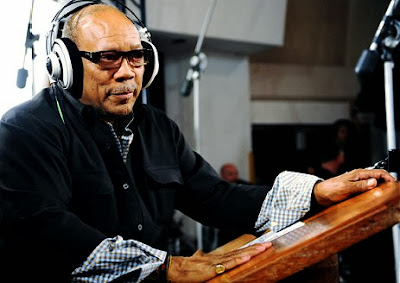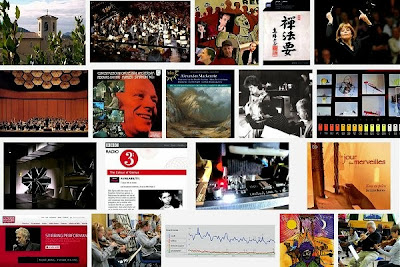'And like they say in the East, things have meaning outside the labels or descriptions you might give them. We've got to be conscious of that space. So words should not really be endpoints, but work best as doorways to understanding' - Robert Lax A comment on Classical music must move to the edge of the network asking What exactly is the edge? reminded me of the wise thoughts above. As for words, so for classical music; which too should not be an endpoint, but rather a door to understanding . Classical music can only open that door if it returns to the space at the edge of the network. Because the centre is filled to bursting point with celebrity musicians , entertainment envy , over-paid radio presenters , commercial intermediaries , wunderkind , rock music executives , ethically tainted music festivals , dumbing down , cultural commentators , low-res audio files , Lamborghinis , classical charts , pop-up restaurants , reality TV , avaricious agents , embedded journalist...

